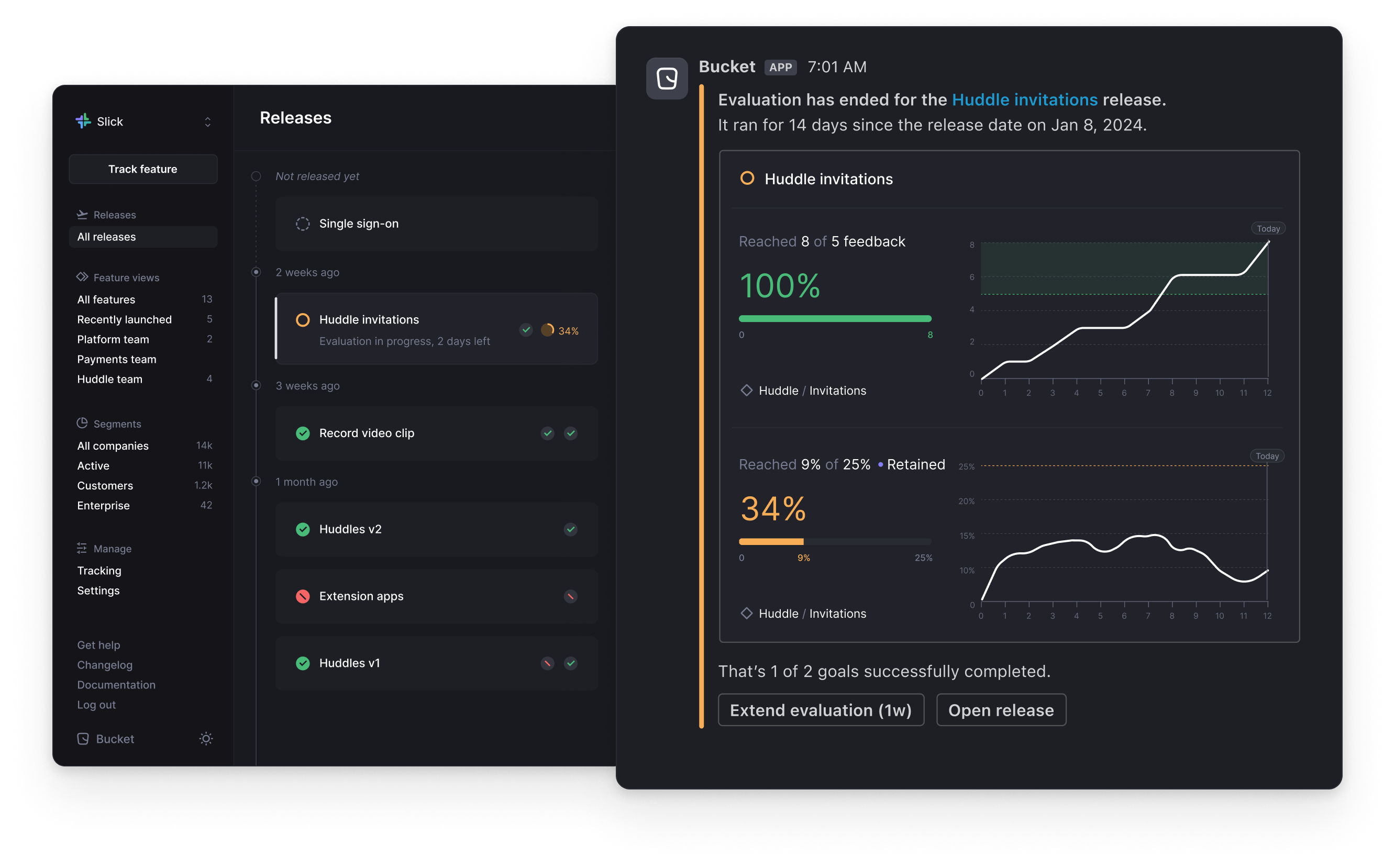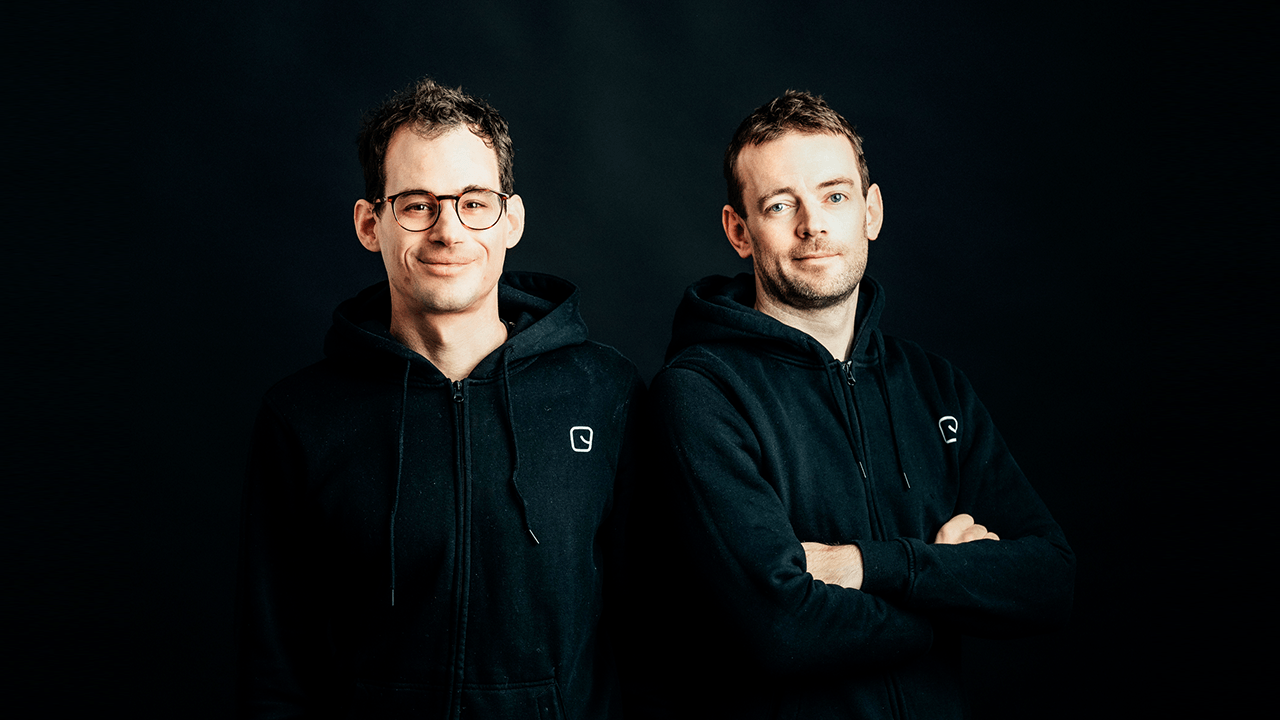Every successful business, large or small, is, or at least should be, on the lookout to develop and introduce new features that add value to any number of products they offer. Ultimately, these new features should either further enhance the existing customer experience or draw in new customers.
However, this “ever-forward” attitude, most often a directive of product teams working in conjunction with engineering teams, can lead to a “feature factory” mindset. This mindset can result in a non-stop output of features based upon requests from the sales or customer success teams, often without a proper assessment of whether or not these new features are actually used or liked by the end consumer.
Copenhagen-based Bucket says it has the solution that can engage a fundamental shift in product teams from that of a shipping culture to an impact culture.
Bucket co-founder and CEO, Ramus Makwarth explains:
“Modern companies want to "empower" product teams to make data-driven and customer-centric decisions as fast as possible. However, it's very time-consuming to analyse and combine engagement data with qualitative feedback.
“It’s not feasible for them to become data analysts as well. But, rather than make product and engineering teams even more bloated with ProductOps hires, we believe the solution is better tooling. It’s not a data problem as much as it’s a workflow problem.”
The startup’s feature evaluation tool for B2B product teams helps companies pinpoint lucrative upsell opportunities, and stay on top of which features customers use, which ones need to be improved, and which can be deprecated.

Underpinned by STARS, an open-source framework that provides a common baseline for measuring feature engagement and satisfaction, Bucket blends these metrics with qualitative data from customer feedback tool Live Satisfaction, resulting in product teams receiving context around the metrics to implement updates that will move the needle.
In use by Danish expense management software unicorn Pleo, the company’s engineering manager Paul Dariye shared:
“Getting the relevant feature data to chase you, and not the other way around, is changing how we evaluate features, effortlessly. This is where Bucket gets it right.”
With $5.7 million in seed funding from investors Creandum and Project A, and notable angel investors from companies including Trello, Stripe, Meta, and Segment, Bucket’s end game is to support the ongoing transformation in the product space by helping teams to build more impactful products while offering businesses insights to allocate R&D resources, ultimately saving time, money, and eradicating potential end-user frustration.
Lead image: Bucket co-founders Ron Cohen and Rasmus Makwarth (left to right)



Would you like to write the first comment?
Login to post comments